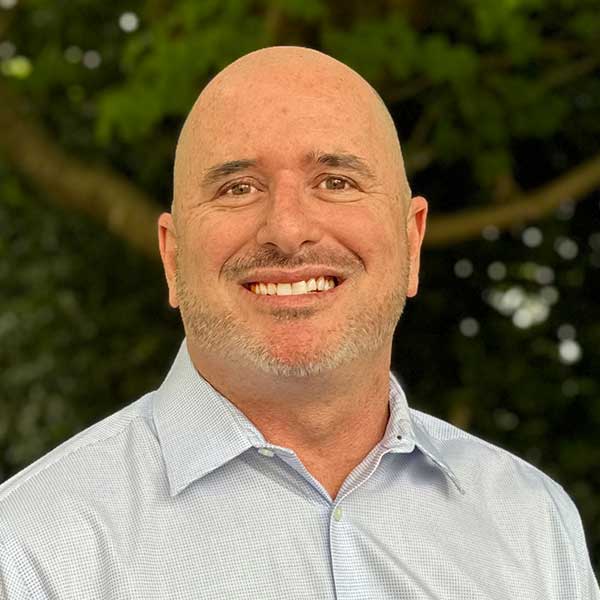Staff Highlight: Steve Morris

Steve Morris is the Senior Healthcare Recruiter for Sklyand Trail. He is a certified master resume writer as well as a certified diversity recruiter. In his spare time, he loves to play soccer and softball.
What inspired or led you to enter the mental health recruiting field?
Having been in recruiting for over 20 years, I have a passion for what Skyland Trail does as an organization. Before joining the organization, I’ve been very close to people who have had unfortunate mental health issues that they had to address. I know some who had addressed it, and then unfortunately, others who did not, and they are no longer with us. So that drove me to keep doing what I love doing, but more centered around mental health specifically.
What’s your favorite part about working at Skyland Trail?
The people. I love the people. At the end of the day, when I find candidates who become employees who take on these roles that contribute to someone becoming healthy again, it’s huge. I love it. I think at the end of the day, when we see clients that go back into society much healthier than when they first came here, I feel I have some sort of responsibility in finding the people that help get them the proper treatment.
What specific challenges or nuances do you encounter when recruiting mental health professionals as compared to other industries?
Sometimes we have roles that are very specific and difficult to fill that take a little bit of time, but I’m always a firm believer in quality over quantity. I prefer the quality of a candidate, whether it takes us three months or five months, in some cases it does, but you can’t prevent it. However, we end up finding good quality candidates if we take the time and interview them the right way.
Can you discuss any strategies you employ to ensure a diverse and inclusive recruitment process?
I used to chair the diversity and inclusion committee at my previous employer. I’m a certified diversity recruiter, and I push a lot for us to do DE&I outsourcing through different historically black colleges and universities, as well as the Asian American Mental Health Association, for example. There are different associations I try to target, I’m hoping to get this implemented at some point next year so that when we post a position, the aggregator that we use that’s built into Paycom will push our positions out all across all different diversity and inclusion job boards to include LGBTQ applicants, and any job boards with a focus on assisting African-Americans, Latinx, and AAPIs. I also will be focusing on training hiring managers in Q1 to use inclusive interviewing tips and techniques.
What’s one way you practice self-care?
Well, I do a couple of things. I teach women’s self-defense at Piedmont Park. I play softball and soccer, but I also know how to leave work at work. I think that when you leave work, you need to leave work. Yet, we’re all guilty of checking emails at nine o’clock at night. If you constantly are working, you’re not gonna be taking care of yourself. You’re gonna get stressed and it’s not healthy.
What’s your favorite cheerleading statement or mantra?
“Pain is only temporary weakness leaving the body.” No matter what kind of pain it is, mental pain or physical pain, it’s always temporary. Pain is temporary weakness that leaves your body, always. And if you’re going through a storm, there’s always sun at the end of the storm, always. That’s how I look at that.
